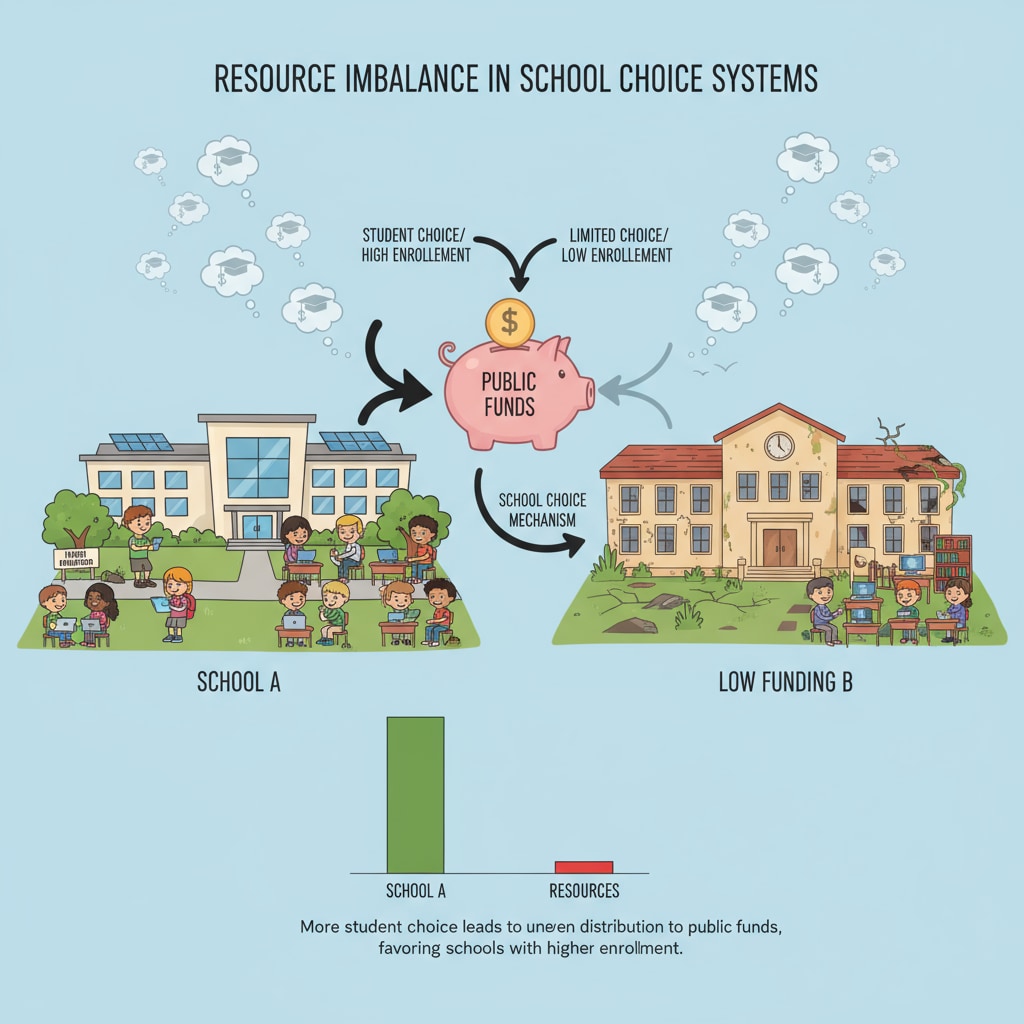In the realm of education policy, the issue of school choice has long been a topic of intense debate, especially when it comes to the stance of conservatives. School choice, which allows parents to select the schools their children attend beyond the traditional neighborhood schools, has been seen as a potential solution to improve educational quality. However, conservatives have expressed a number of concerns and criticisms regarding this approach.

The Core Concerns of Conservatives
Conservatives often worry that school choice programs might disrupt the traditional educational system. For example, they fear that if a large number of students transfer to certain popular schools through school choice, it could lead to an imbalance in resources among schools. Some schools might be left with fewer students and less funding, which could further deteriorate the educational environment. This concern is deeply rooted in their belief in maintaining the stability of the existing educational structure. School choice on Wikipedia

Value Conflicts and Educational Philosophy
Another aspect is the value conflicts and differences in educational philosophy. Conservatives typically emphasize the importance of local control and community values in education. They believe that neighborhood schools play a crucial role in fostering a sense of community and shared values among students. School choice, in their view, might undermine this by allowing students to disperse across different schools, weakening the bond within the local community. Education policy on Britannica
Furthermore, conservatives are concerned about the potential lack of accountability in some school choice models. With the increase in charter schools and other alternative educational institutions under school choice, ensuring that these schools meet the same educational standards as traditional public schools becomes a challenge. They worry that without proper oversight, some schools might not provide a high-quality education.
Readability guidance: As we can see, conservatives’ stance on school choice is influenced by multiple factors. These include concerns about system stability, value preservation, and educational accountability. By understanding these concerns, we can better approach the issue of promoting educational diversification while respecting traditional values.


